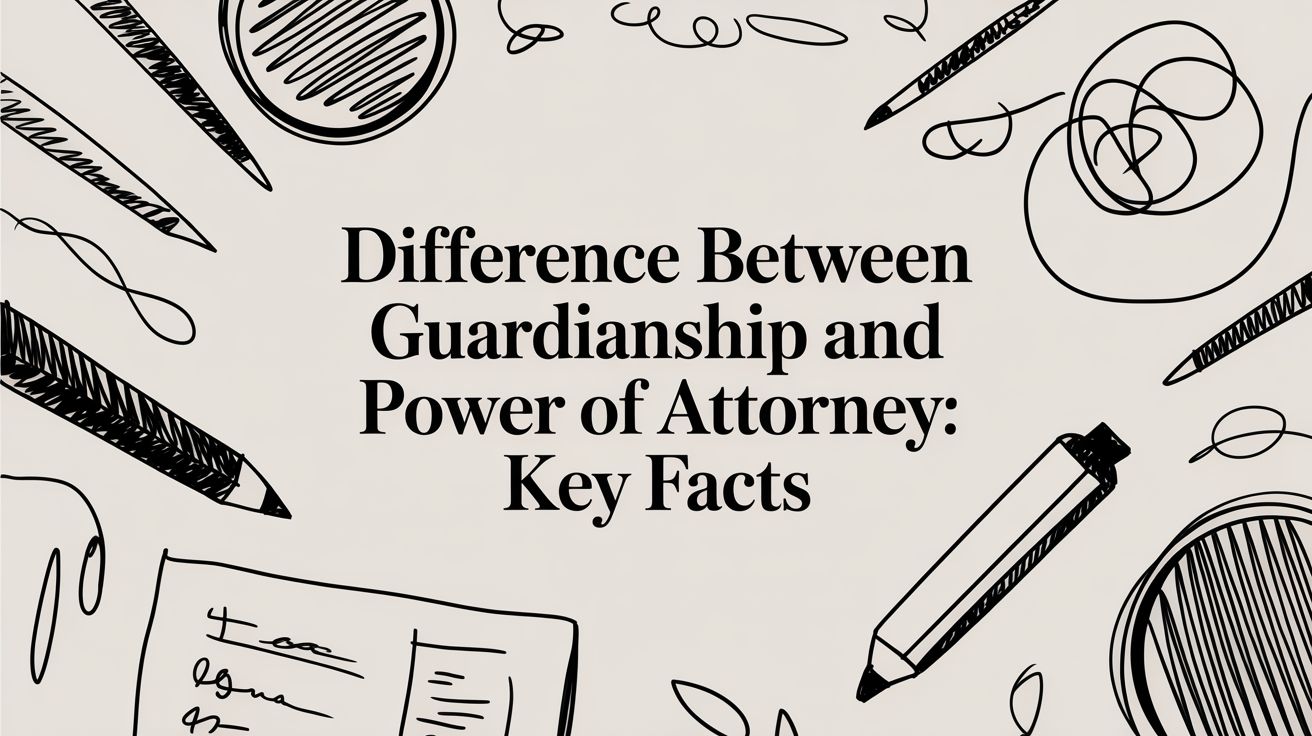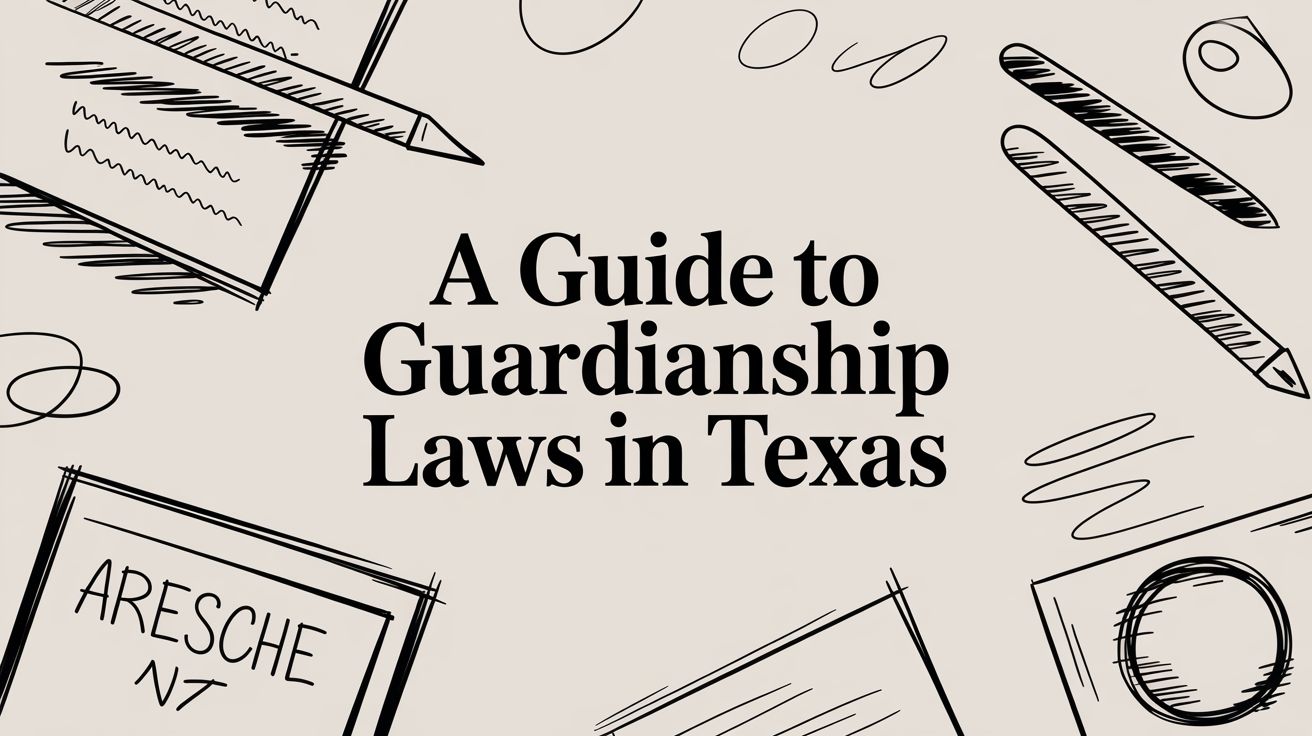Legal Considerations for Guardianship in Texas
Understanding the legal considerations surrounding guardianship in Texas is essential for anyone involved in the process. This includes the criteria for appointing a guardian, the rights of the ward, and the legal responsibilities of the guardian. Navigating these legal aspects can help prevent future disputes and ensure that the best interests of the ward are upheld.
For instance, Texas law requires that guardianship proceedings be initiated in the county where the proposed ward resides. Additionally, the court must evaluate the proposed guardian's qualifications and the ward's needs. Familiarity with these legal requirements can significantly streamline the guardianship process and protect the rights of all parties involved.
How to Choose the Right Guardian for Your Loved One
Choosing the right guardian for a loved one is a critical decision that requires careful consideration. Factors to consider include the potential guardian's relationship with the ward, their ability to manage financial and personal affairs, and their willingness to take on the responsibilities involved. It's important to discuss these factors with family members and legal professionals to ensure a well-informed choice.
For example, a trusted family member may be the preferred choice, but it's vital to assess their capability and availability to fulfill the role effectively. Additionally, discussing the choice openly with the potential guardian can help set clear expectations and avoid conflicts down the line.
Resources for Guardianship Support in Texas
There are numerous resources available for individuals navigating guardianship in Texas. These resources can provide valuable information, support groups, and legal assistance to help guardians fulfill their roles effectively. Organizations such as the Texas Guardianship Association offer educational materials and networking opportunities for guardians.
Furthermore, local legal aid offices can assist with understanding the intricacies of guardianship law and provide guidance on navigating the court system. Utilizing these resources can empower guardians with the knowledge and support they need to advocate for their loved ones effectively.
Common Myths About Guardianship in Texas
There are several myths surrounding guardianship that can lead to misunderstandings and misinformation. One common myth is that guardianship means the guardian has complete control over the ward's life, which is not always the case. Guardians have specific responsibilities and must act in the best interests of the ward, often under court supervision.
Another prevalent myth is that once guardianship is established, it cannot be changed or revoked. In reality, guardianship can be modified if circumstances change, such as the ward's condition improving or the guardian failing to meet their responsibilities. Understanding these myths is crucial for making informed decisions about guardianship.









